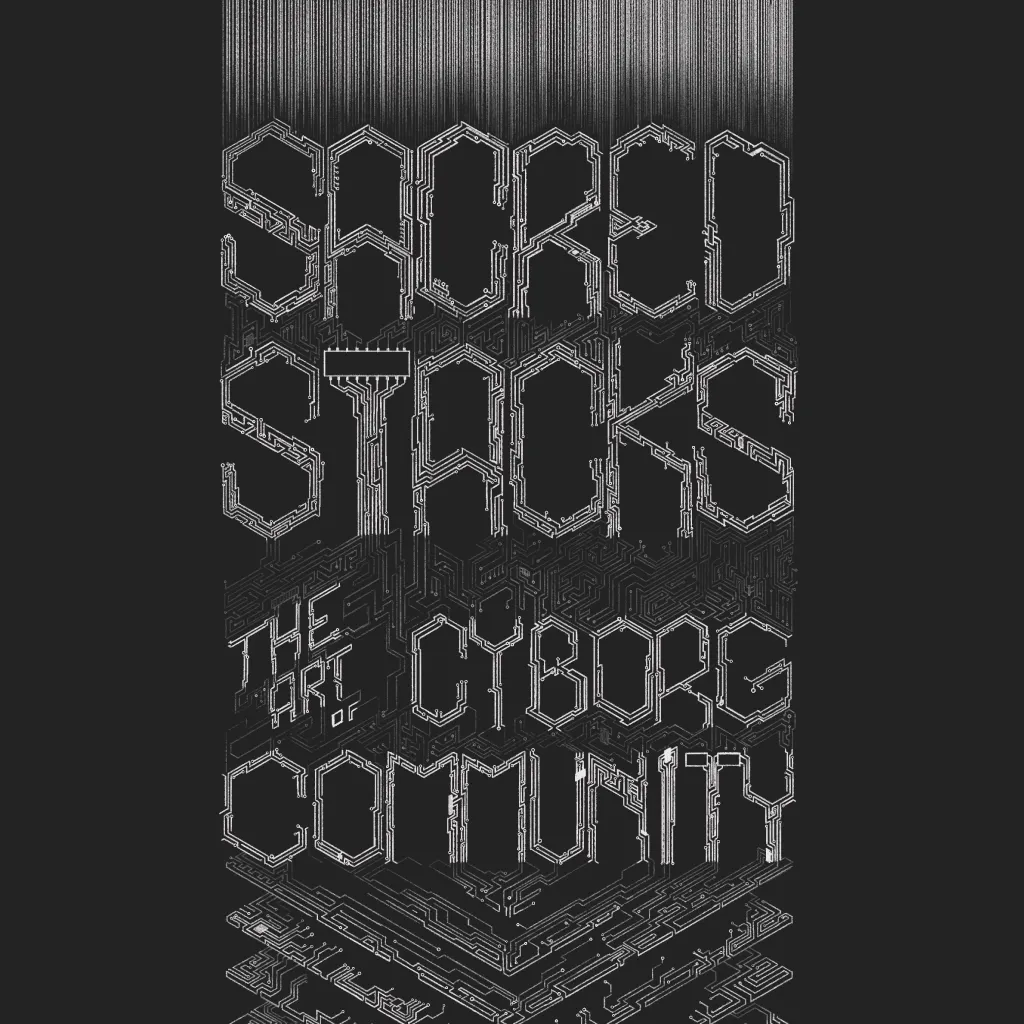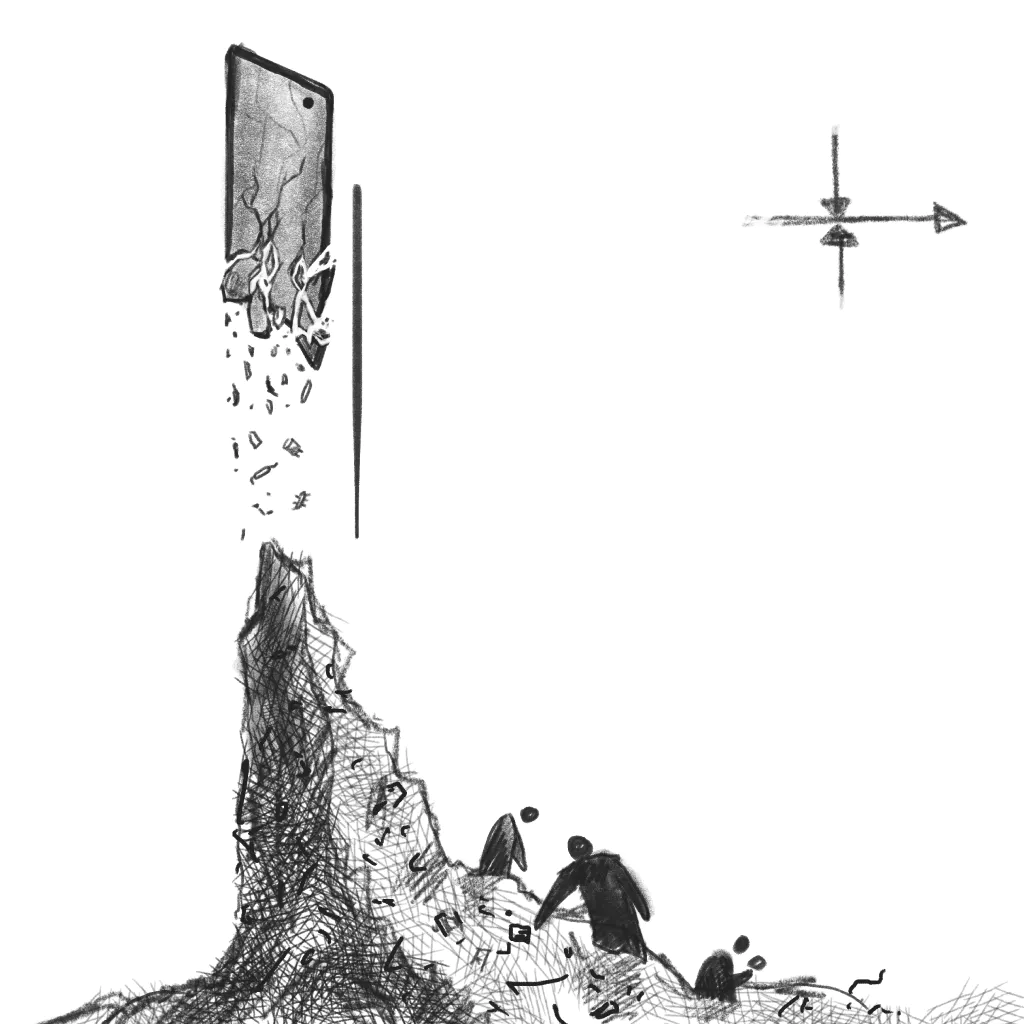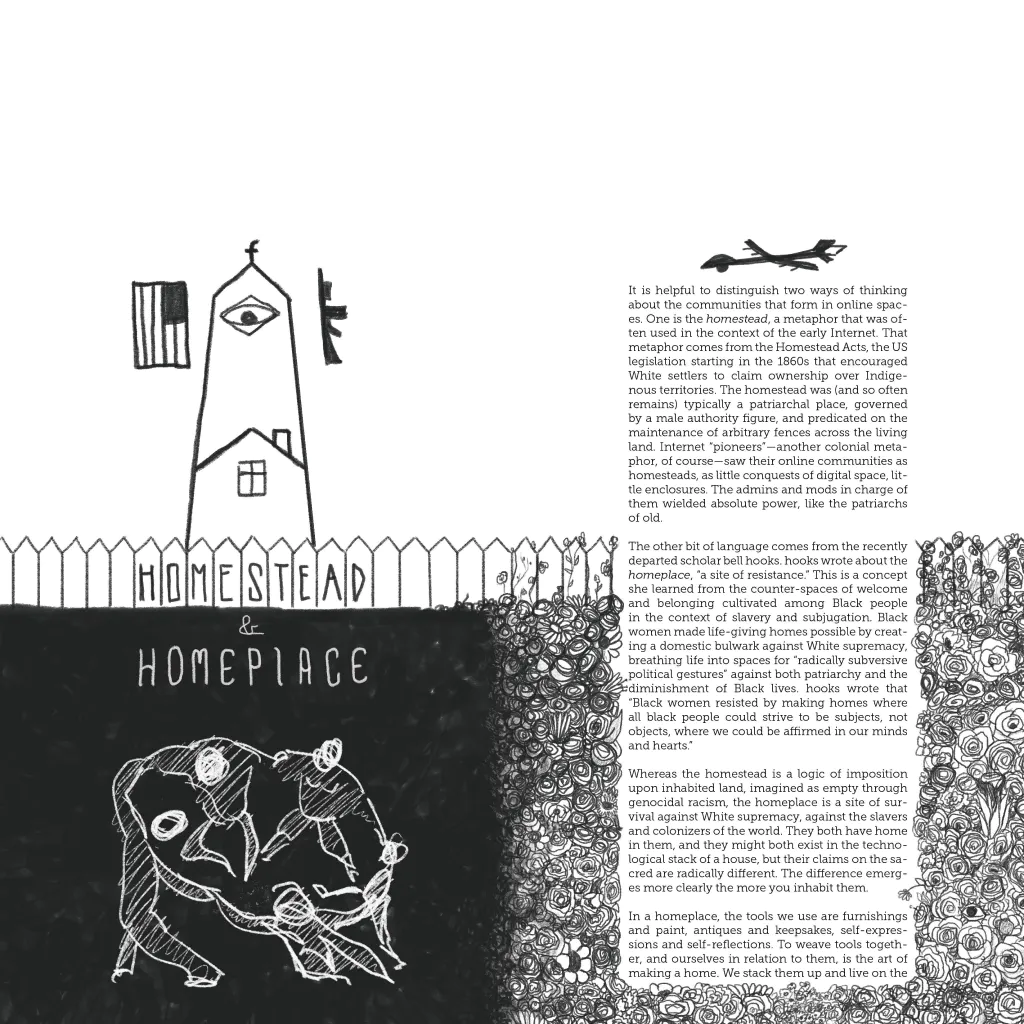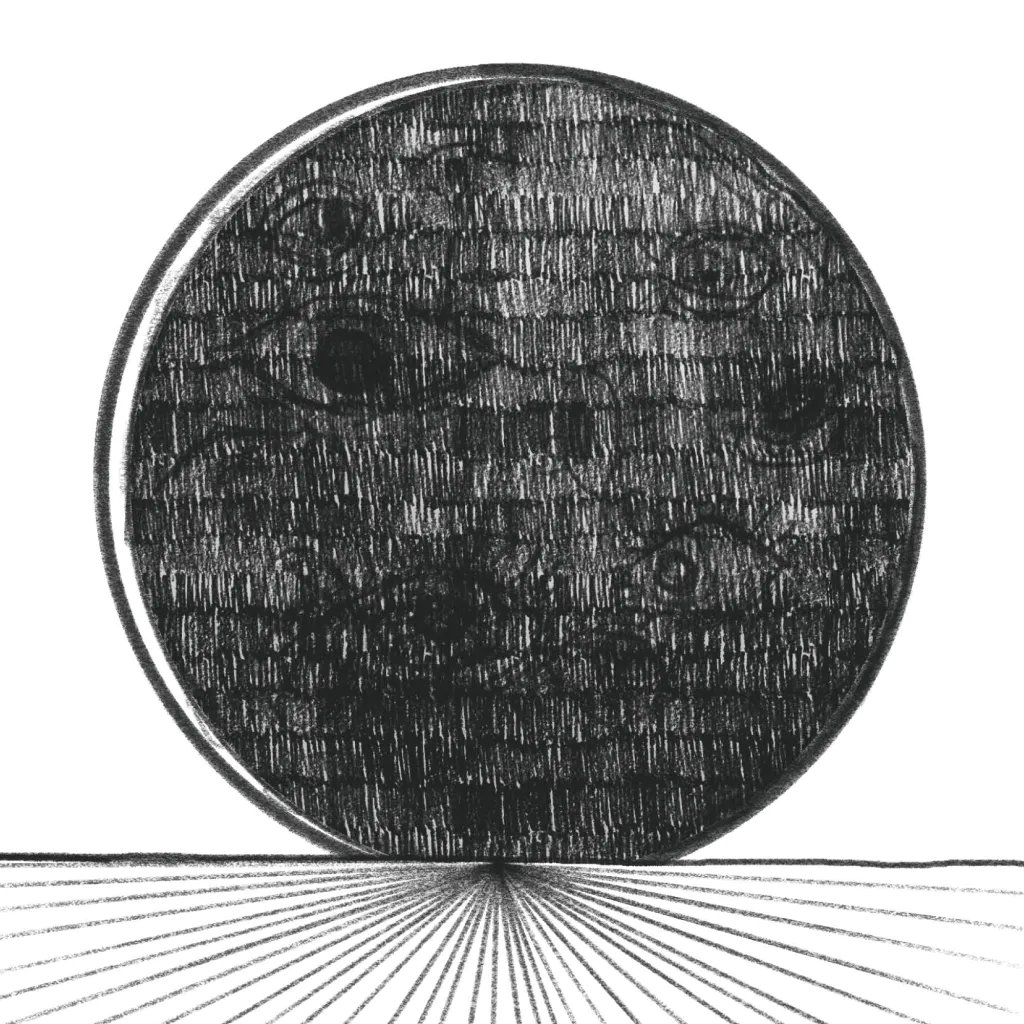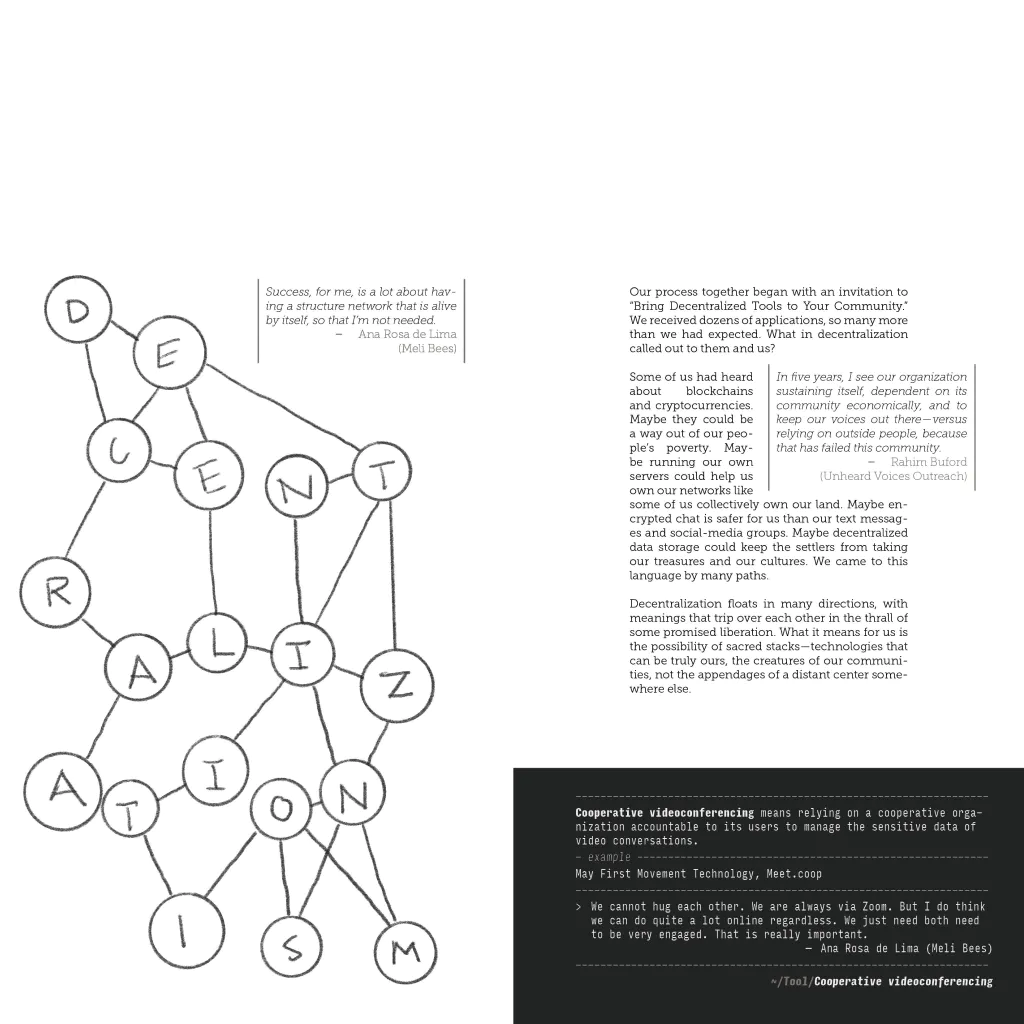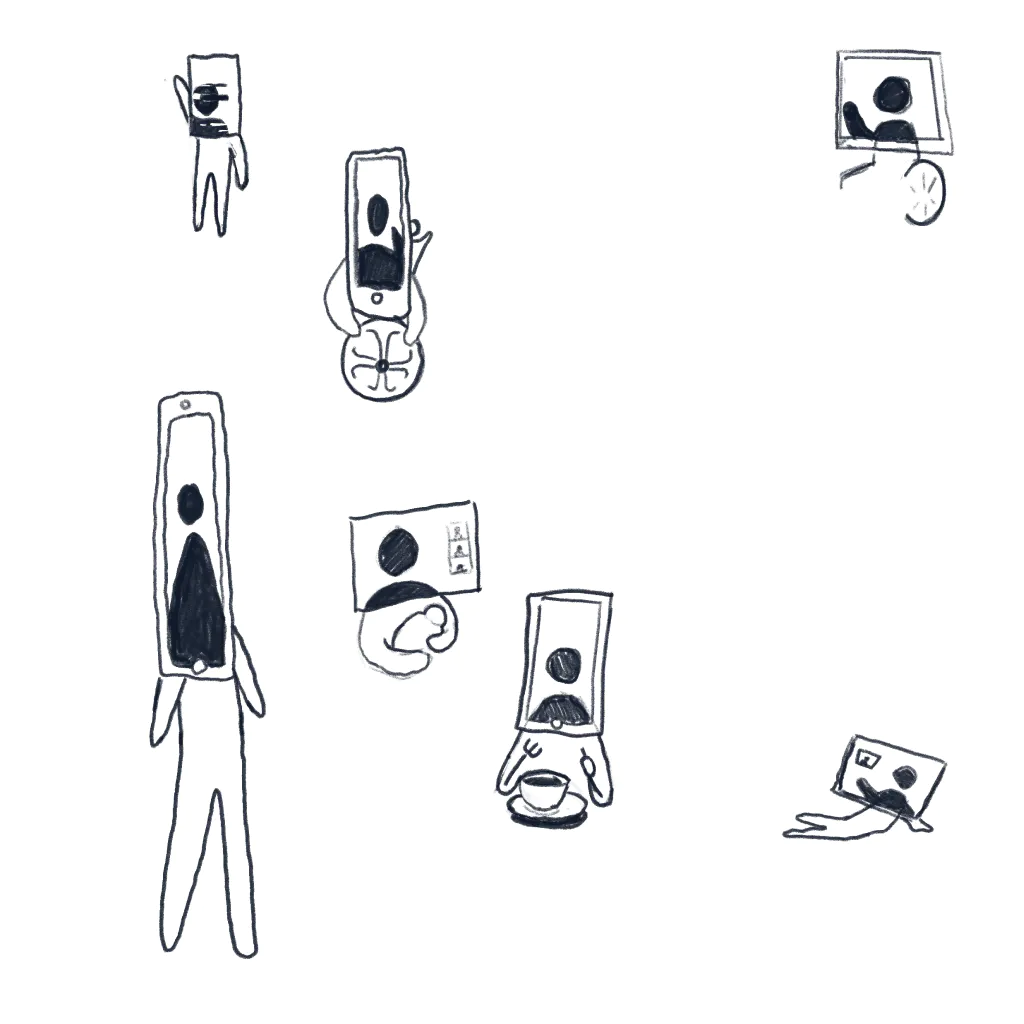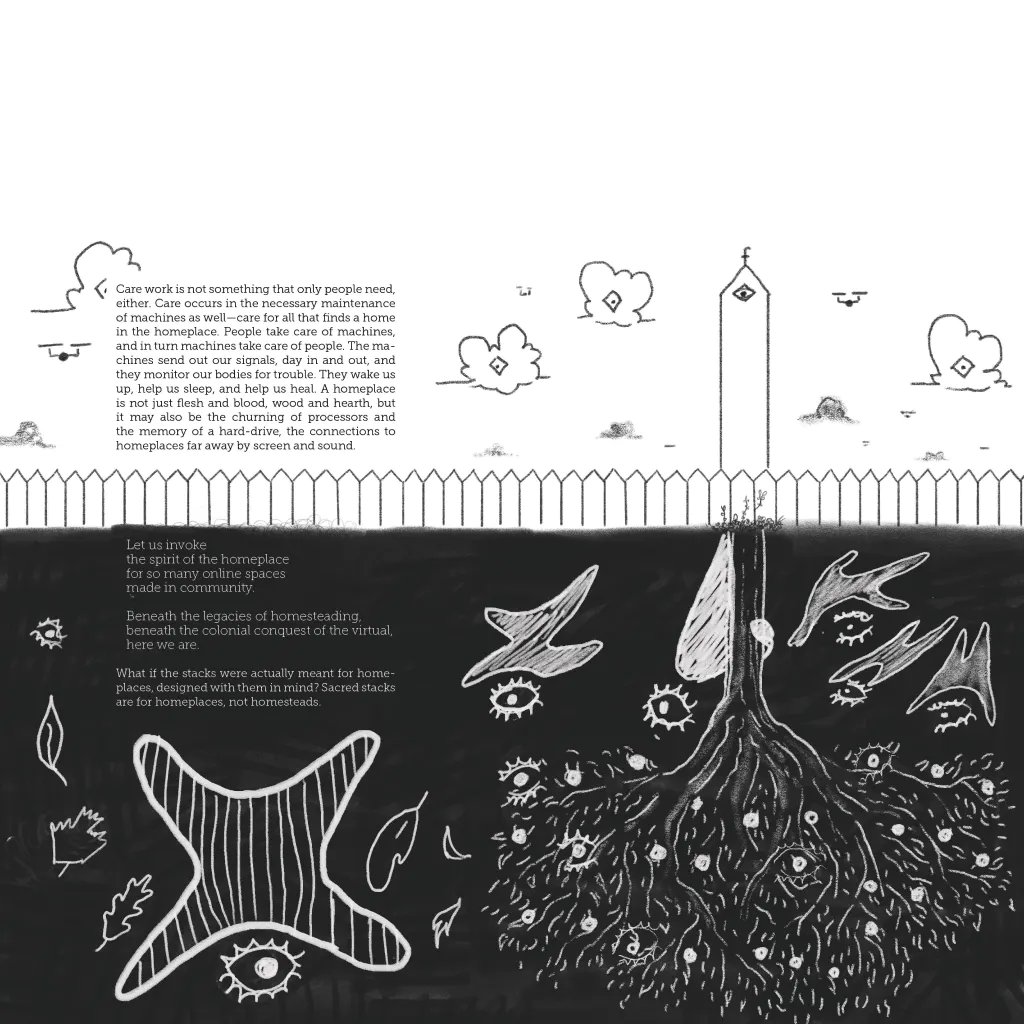27 March 2023
Public record
MEDLab’s drop culture
How an academic metalabel within University of Colorado releases work to support online democratic ownership and governance.
Founded by author and professor Nathan Schneider, MEDLab (Media and Enterprise Design Lab) began in 2018 as a supplement to the Media and Public Engagement master's program at University of Colorado Boulder. The group began as a way to enable students to both interface with outside organizations and engage with the work of the program more directly, which explores democratic ownership and governance in our online economy.
The initial idea was an extension of interests for Director of MEDLab, Nathan Schneider. As a professor at University of Colorado Boulder, Nathan has written about the legacy of cooperatives and decentralized governance, as well as editing Vitalik Buterin’s book Proof of Stake.
Since 2018, MEDLab has produced several projects aiming to expand the space of democracy, accountability, power, and value on the Internet today.
The group hosts a regional radio show in Colorado on KGNU, which interviews guests who “work with technology in ways that challenge conventional narratives and dominant power structures."
Similarly, MEDLab is currently collaborating with the Wikimedia Foundation on a project to reimagine their governance structure and develop alternative forms of organization. Both the Wikimedia project and the radio show have become student-led initiatives.
How does a group within an academic institution release work together? While a typical academic lab may serve the primary purpose of producing academic research and writing peer reviewed papers, MEDLab has instead been more about building artifacts and projects that take on a life of their own. Each of these projects are united by a common purpose: promoting democratic ownership and governance in the online economy.
While MEDLab’s projects initially started as ad hoc experiments, a pattern emerged of releasing creative work as drops. The logic and culture of publishing work as distinct releases, MEDLab found, is better suited to their practice than any other standard academic genre. MEDLab is an academic metalabel.
MEDLab’s drops often follow a pattern. Each drop is a thematic initiative, bringing people together in a participatory community cohort around a particular idea or topic. Then, the group will collectively publish the learnings generated from the convergence of participants.
Here are some of MEDLab’s recent and notable drops.
Exit To Community
Exit To Community is a concept that emerged from within MEDLab that promotes an alternative path for startups to transition to community ownership, instead of seeking an acquisition or public offering.
In 2020, a cohort of startup founders regularly met to discuss strategies and tactics of the E2C model. There was also a year-long webinar series, which led up to the production of a handbook on the concept and cohort peer learnings. The resulting drop was the Exit To Community Primer.
We're enabling a new option, an Exit to Community — a path for startups to become owned and controlled by users, workers, and stakeholders who value and depend on the startup. With E2C, the businesses become a way to advance economic justice as a commons, not a commodity for investors to buy and sell. We created this site to help make E2C a more viable option for the startups we love.
https://e2c.how/
Community Rule
Community Rule is a web-based application created by MEDLab that provides customizable templates to help communities develop self-governance frameworks. On its website, Community Rule allows groups to create a charter for how their group can determine roles and collectively make decisions. It also includes a library of user-generated rules.
The results of the work were summarized in a book format, which includes several of the templates developed while building the app.
Too many of our communities adopt default governance practices that rely on the unchecked authority of founders, admins, or moderators, lacking even basic features of small-scale democracy. The purpose of CommunityRule is to help communities establish appropriate norms for decision-making, stewardship, and culture.
https://communityrule.info/
Excavations
Excavations is an artist exhibition shown at the UN Internet Governance Forum which “explores the future of the Internet through the past and present of human self-governance.” Like Exit To Community, Excavations began as a cohort process over the course of a semester with a curated selection of artists, each presenting a speculative vision of governance futures.
As a contribution to current digital policy conversations, this exhibition brings explorations of human governance practices, from ancient civilizations to contemporary social movements, from the slums of emerging megacities to Indigenous communities—all into dialogue with the governance of the Internet.
https://excavations.digital/
Sacred Stacks
Sacred Stacks: The Art of Cyborg Community is a fully illustrated limited-edition zine, created by MEDLab in collaboration with seven partner organizations who came together to explore community applications of decentralized technology. Beginning as a community cohort, this group of global communities – including the Iraqi Journalists Rights Association and Yerba Buena Center for the Arts – created a written artifact from this peer exploration.
What began as an errant search for practical tools became an exploration of ritual, relationship, and poetics.
Sacred Stacks Zine
Sacred Stacks was released in collaboration with Metalabel’s as a curated Quality Drop.
For MEDLab, each drop is an experiment that challenges genre and tries something different. Often, there is a throughline of texts generated from partner communities– handbooks, primers, zines, and more. Other times, the drop will take the form of an app or an exhibition. Although MEDLab’s drops may vary in medium or format, their collaborative releases form a coherent catalog of work promoting their vision of the future– a more democratic and collectively-owned internet.
MEMBERS
Nathan Schneider, Shamika Klassen, Nabil Echchaibi, Hari Anantharaman, James Brennan, Damantha Dalal, Utsav Gupta, Skyler Hew, Brayden Hahdavi, Nikita Menon, Bailey Troutman, University of Colorado Students
Key Releases
"Looks Like New" radio show on KGNU
Excavations
Exit To Community
Community Rule
Sacred Stacks: The Art of Cyborg Community
Background
The Media Enterprise Design Lab was founded by Nathan Schneider in 2018 as part of the Public Engagement master's program at University of Colorado Boulder, becoming a collaborative organization releasing creative work.
Purpose
MEDLab's purpose is to experiment with democratic ownership and governance in the online economy.
